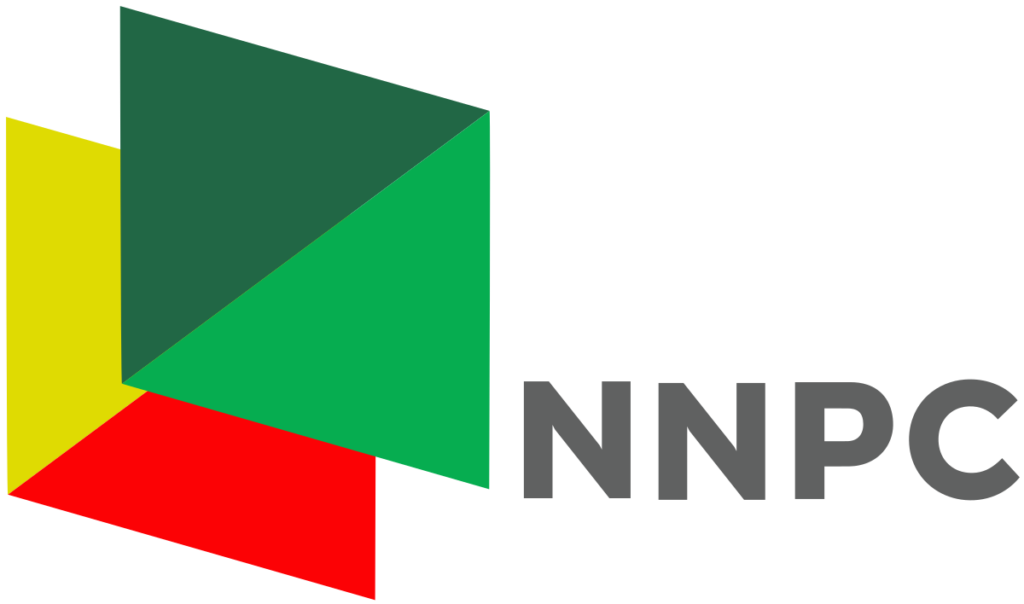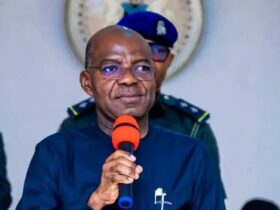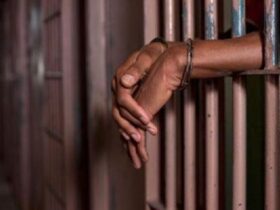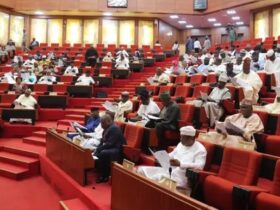
Indications are suggesting that the Nigerian Federal Government, facilitated by the Nigerian National Petroleum Company Limited (NNPC Ltd), is currently allocating approximately N17.72 billion daily to subsidize petrol.
Reports indicate that this funding strategy, although somewhat veiled in secrecy, primarily relies on proceeds from crude sales and direct cost recovery by NNPC.
According to an executive from a prominent petroleum marketing company in Lagos, the N17.7 billion subsidy cost accounts for the variance between the landing cost of imported petroleum products and the effective wholesale price to petroleum marketers.
Nigeria relies entirely on imported petrol for its consumption. Farouk Ahmed, the Chief Executive of the Nigerian Midstream and Downstream Petroleum Regulatory Authority (NMDPRA), stated that the country’s daily petrol consumption stands at approximately 44.3 million liters.
Based on current average depot prices and exchange rates, the Federal Government, through NNPC, may be facing losses or revenue shortfalls of around N531 billion monthly.
This financial strain is now evident in the monthly reports of the Federation Account Allocation Committee (FAAC).
NNPC offsets this shortfall from its remittances to the Federation Account, yet the final distributable balance remains notably higher compared to pre-May 30, 2023, figures due to increased product prices.
Chief Bola Ahmed Tinubu declared an end to petrol subsidies in his inauguration address on May 29, 2023. This declaration promptly led to a surge in the pump price of fuel to a lower limit of N480 per litre from N185 per litre, with an upper limit reaching around N560 per litre.

Two months later, the pump price rose further to over N600 per litre, with NNPC Retail dispensing at N617 per litre in Abuja, while independents and major marketers sold at N627 per litre. In certain locations, the upper limit soared to around N680 per litre.
Since then, while NNPC-owned stations and affiliates have maintained the N617 per litre rate, prices at independents and major marketers have escalated to between N660 and N680 per litre. In some states, the upper limit has surged to N750 per litre.








Leave a Reply